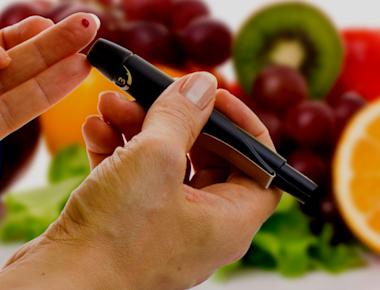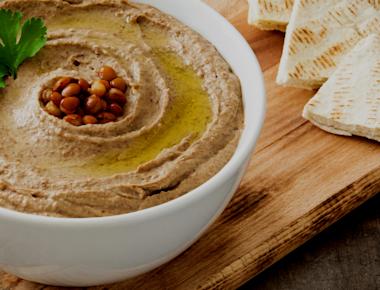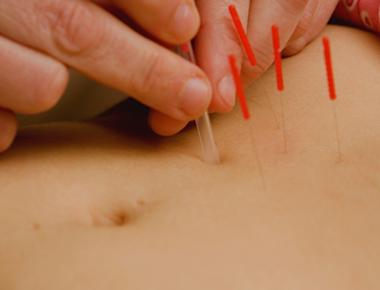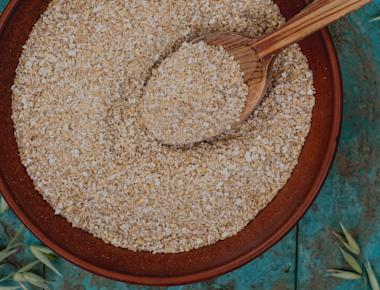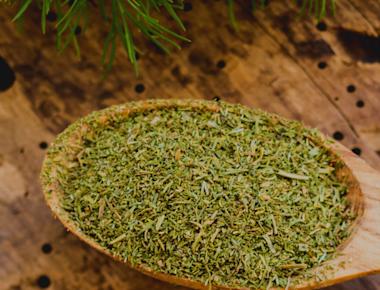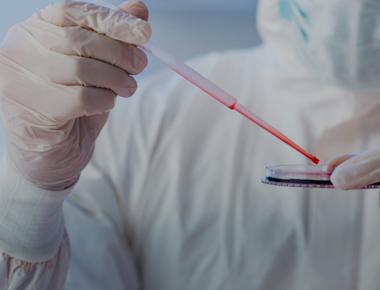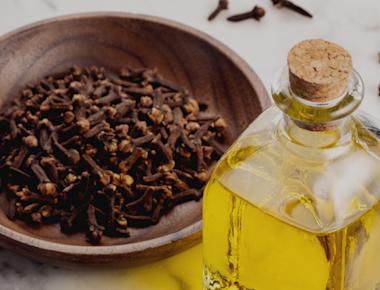

Table Of Contents
The Risk of Diets with Low Polyphenols on Type 2 Diabetics
Type 2 diabetes (T2D) is a major worldwide health problem contributing to cardiovascular disease. More than three-fourths of people over 65 years old have a glucose problem. Lack of exercise and an imbalanced diet are big factors in this pandemic. Diets have shifted from nutrient-rich (fresh vegetables and fruits and unrefined grains) to energy-rich but nutrient-poor (refined grains, sugars, and fats). Several studies have demonstrated that polyphenol intake has an inverse relationship with disease incidence. And diets low in polyphenols are associated with an increase in T2D incidence. Polyphenolic clove extract (PCE) is a water-soluble standardized extract of unopened clove buds that contains a minimum of 30% total polyphenols. It was recently shown to benefit liver function and antioxidant status. An analysis of PCE revealed the presence of gallic acid, ellagic acid, catechin, quercetin, chlorogenic acid, and eugenol.
One of the many roles of the liver is to regulate blood sugar levels by controlling the production of new glucose (gluconeogenesis) and the breakdown of glycogen. When the liver is not functioning properly, it can lead to diabetes. A recent study showed that insulin resistance (a key factor in diabetes) was first detected in the liver before appearing in other tissues. Therefore liver health is crucial for maintaining blood sugar levels and preventing diabetes.
Therefore, we conducted an open-label pilot study to test whether this PCE could improve glucose metabolism. Postprandial (after meal) plasma glucose measured two hours after a meal is a good indicator of glucose homeostasis or a balance between insulin and glucagon to maintain blood sugar levels.
The Study Method on Polyphenolic Clove Extract
This study evaluated the effect of PCE supplementation, 250 milligrams (mg) in a capsule, on preprandial glucose levels and two-hour postprandial glucose levels in 13 otherwise healthy volunteers who were stratified into two groups according to their initial preprandial glucose levels: 7 in Group I with a glucose level of 100 mg/deciliter (dL) maximum, 6 in Group II had 101 to 125 mg/dL.
Subjects were asked to complete their breakfast by 8 in the morning and not consume any food for the next four hours. Blood sugar levels were recorded after four hours and marked as the “preprandial” plasma glucose level. For lunch, the subjects ate a typical south-Indian meal of rice, vegetable curry with meat or fish, water within 30 minutes then one capsule of PCE. After two hours, plasma glucose levels were again taken and marked as “postprandial.” This routine continued for 30 days, and we recorded preprandial and postprandial glucose levels on days 1, 12, 24, and 30. Day 1 was “without PCE” and is taken as the baseline value.
In a separate study done in a laboratory, the effects of PCE on glucose uptake, hepatocyte (liver cell) glucose production, and carbohydrate hydrolyzing enzymes were also tested to understand further the mechanisms underlying PCE action.
The Results
On day 12 of supplementation, we observed statistically significant reductions in postprandial glucose levels in both groups, which continued through study completion on day 30. In Group I, the postprandial baseline value was significantly reduced by 21.5%, and in Group II by 27.2% on Day 30. These outcomes suggest the efficacy of once-a-day PCE supplementation in maintaining normal blood glucose levels.
PCE supplementation significantly decreased preprandial glucose levels only in Group II on Days 24 and 30 but not in Group I, whose blood glucose levels are within normal range. The preprandial glucose level in Group II fell by 12% from baseline to day 30. These results indicate that PCE is unlikely to cause hypoglycemia as preprandial glucose was not affected in individuals whose levels were initially within a normal range but decreased in individuals who displayed tendencies of abnormal glucose homeostasis.
In cell-based assays, PCE enhanced glucose uptake in L6 myocytes (skeletal muscles in rats) and inhibited hepatocyte (liver cell) glucose production. In cell-free assays, PCE inhibited the activity of enzymes α-amylase and α-glucosidase in digesting carbohydrates and sugar, which is essential in glucose production.
The Conclusion
These findings emphasize the value of PCE as a treatment option in delaying or preventing the transition from pre-diabetes to type 2 diabetes, maintaining healthy glucose metabolism, and justify further larger-scale clinical trials. Further, PCE is unlikely to cause hypoglycemia because preprandial glucose levels were not affected in individuals whose levels were initially within a normal range.
Reference
Health Enthusiast
Expertise
Subscribe to our newsletter!
Quick Links
Legal Stuff



